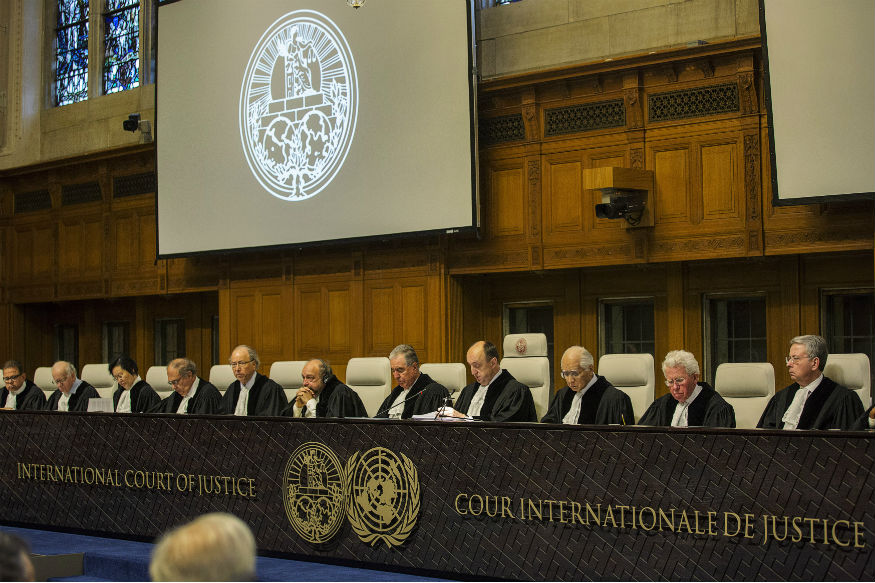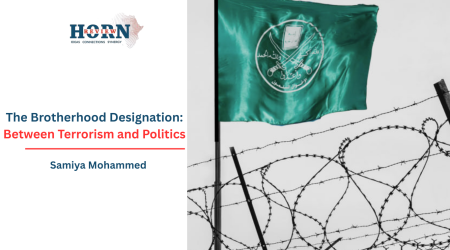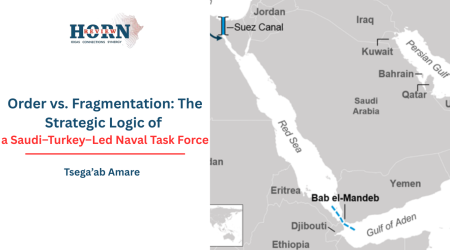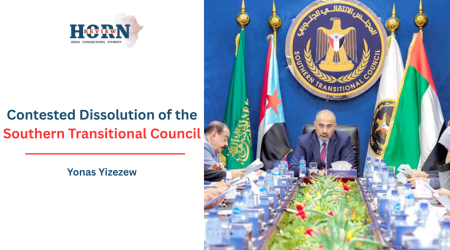
6
May
Sudan v. UAE at the ICJ: Jurisdictional Dismissal Raises Complex Questions of International Legal Responsibility
The International Court of Justice (ICJ) dismissed a case brought by the Republic of Sudan against the United Arab Emirates (UAE), in which Sudan alleged that the UAE had violated its obligations under the Convention on the Prevention and Punishment of the Crime of Genocide. The Court ruled that it lacked jurisdiction to adjudicate the dispute, thereby terminating proceedings without addressing the substantive allegations.
The case centered on Sudan’s assertion that the UAE’s alleged support, material, logistical, and financial, for the Rapid Support Forces (RSF) amounted to complicity in genocide. The RSF, a paramilitary group that emerged from the Janjaweed militias in Darfur and now stands in armed conflict with Sudan’s regular armed forces, has been widely accused by international observers, including the United Nations, of committing atrocities against civilians, particularly in ethnically targeted campaigns in Darfur.
Sudan’s application invoked the Genocide Convention, to which both states are parties, as the legal basis for the Court’s jurisdiction. However, the ICJ concluded that the necessary preconditions for jurisdiction under Article IX of the Convention had not been met. While the Court has not yet released the full reasoning behind its decision, such rulings typically hinge on whether a genuine legal dispute exists within the meaning of the Convention, and whether that dispute was properly notified and articulated in advance of proceedings.
The UAE welcomed the Court’s decision, asserting that the case was politically motivated and legally unfounded. The Sudanese government, embroiled in an existential war and confronting a devastating humanitarian crisis, has not issued an official response. Nevertheless, the ruling is likely to be perceived domestically and internationally as a diplomatic setback, particularly as Khartoum attempts to marshal legal and moral authority amid escalating regional entanglements.
Crucially, the ICJ’s dismissal on jurisdictional grounds does not imply a judgment on the veracity or gravity of Sudan’s allegations. Rather, it reflects the structural limitations of international adjudication, where procedural thresholds often constrain the ability of states to obtain legal redress, even in cases implicating mass atrocity crimes.
The case highlights a growing tension in international law: the disconnect between legal accountability frameworks and the realities of modern conflict, particularly in contexts where state and non-state actors operate in fluid alliances, and where foreign powers play indirect but influential roles. It also underscores the continuing challenge of enforcing legal norms in a global system where political interests often overshadow judicial mechanisms.
In the wake of the ruling, analysts anticipate that Sudan may explore alternative forums for accountability, such as the International Criminal Court or regional bodies, though the efficacy of such avenues remains uncertain. Meanwhile, the broader question of foreign complicity in Sudan’s internal conflict, and the international community’s responsibility to address it, remains unresolved.










